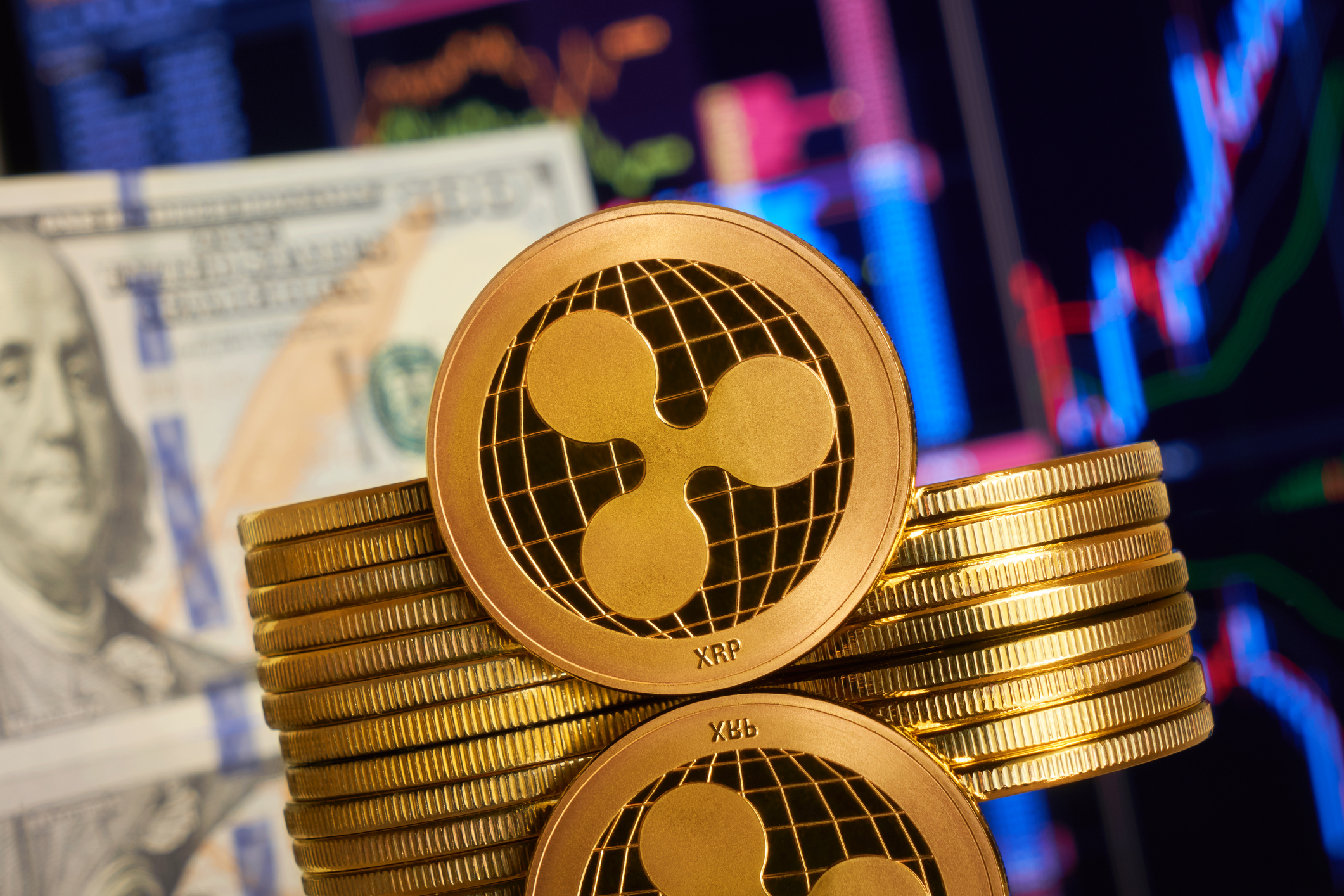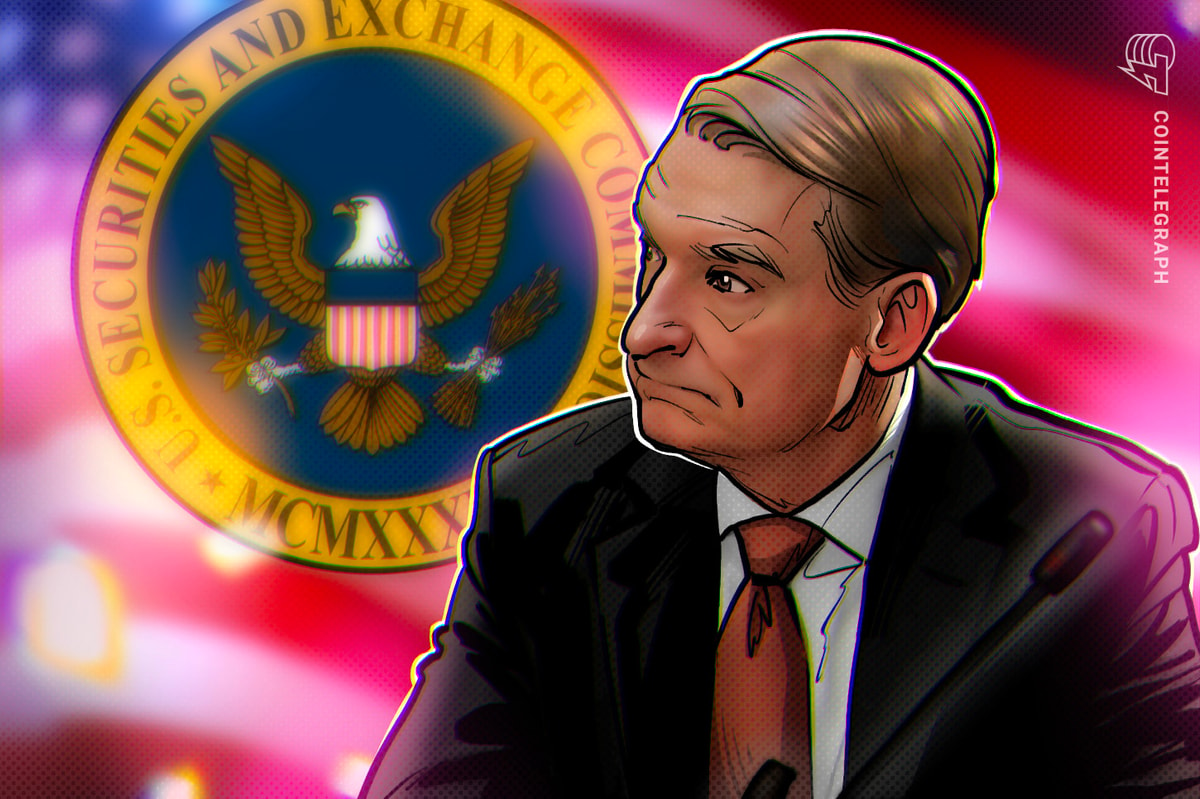Amid the SEC vs Ripple case, the United States Securities and Exchange Commission (SEC) has filed an interlocutory appeal on XRP’s security status and has made an inquiry from the US District Court in the Southern District of New York (SDNY) to certify its appeal against Ripple Labs.
This significant step in the SEC vs Ripple case originated due to a federal judge’s ruling that said on XRP sales conducted through exchanges did not breach securities law.
The judge in charge of the SEC vs Ripple case, Judge Torres Analisa then said the agency could proceed to file a motion for leave for an interlocutory appeal, this prompted the SEC to request for an interlocutory appeal.
SEC’s Interlocutory Appeal On Ripple Case
The SEC has been granted permission to file a motion for leave to file an interlocutory appeal against Ripple Labs after Judge Torres Analisa was informed by the securities regulator on August 9 that her decision could attract multiple pending court cases.
This Interlocutory appeal was in response to Judge Torres’s ruling in July that while programmatic sales of XRP did not meet the Howey test criteria, the institutional sales did.
The SEC argued that picking an interlocutory appeal over a traditional appeal is mandatory. This is because resolving the two rulings on time through immediate appellate review will increase the chance for the court to assess solutions for all the violations that Ripple Labs might be liable for in a single proceeding.
However, Ripple Labs responded and argued that the SEC lacked the necessary evidence to support its claim, which makes it difficult to apply the Howey test to XRP’s distributions.
Ripple Labs also argued that the SEC’s request for an interlocutory appeal does not satisfy the necessary criteria. So far, Ripple Labs sees the regulator’s action as a strategic pivot to adjust its approach to the digital asset sector.
Nevertheless, the SEC has pointed out potential ramifications of the primary Ripple Labs ruling on a variety of ongoing cases and has highlighted that its interlocutory appeal tends to avoid lengthy litigation remedies.
Following the filing, Ripple has been given until September 1 to present a response to the SEC’s filing motion and the regulator will be given an additional week to respond to Ripple’s reply.
Is XRP’s Security Status Really The Problem?
Jeremy Hogan at the Hogan & Hogan law firm gave his thoughts on Twitter concerning the SEC’s intent to appeal Judge Torres Analisa’s ruling on the non-security status of XRP. He said, “The SEC continues making questionable decisions, requesting an interlocutory appeal.”
Jeremy Hogan also tweeted that: “Note that it is NOT appealing whether XRP itself is a security — just its losses on the programmatic and individual sales issues.”
He further put forward that challenging programmatic sales and challenging the non-security status of XRP are two different issues.
In its filing, the regulator said:
Likewise, this Court’s ‘Other Distributions’ ruling departs from the holdings in numerous cases that an ‘investment of money’ under Howey can be met through a non-cash contribution such as the provision of goods or services.
However, SEC chairman Gary Gensler said that the securities regulator is disappointed with what Judge Torres said about the retail investors. Gensler still believes that crypto is filled with fraudulent activities which makes it an unpredictable asset. And according to him, the SEC will not stop enforcing actions against cryptocurrency companies that fail to abide by regulations.
The regulator is not the only one that has disagreed with Judge Torres’s ruling as District Judge Jed S. Rakoff also said that the “Howey test does not distinguish between institutional and retail buyers.”











